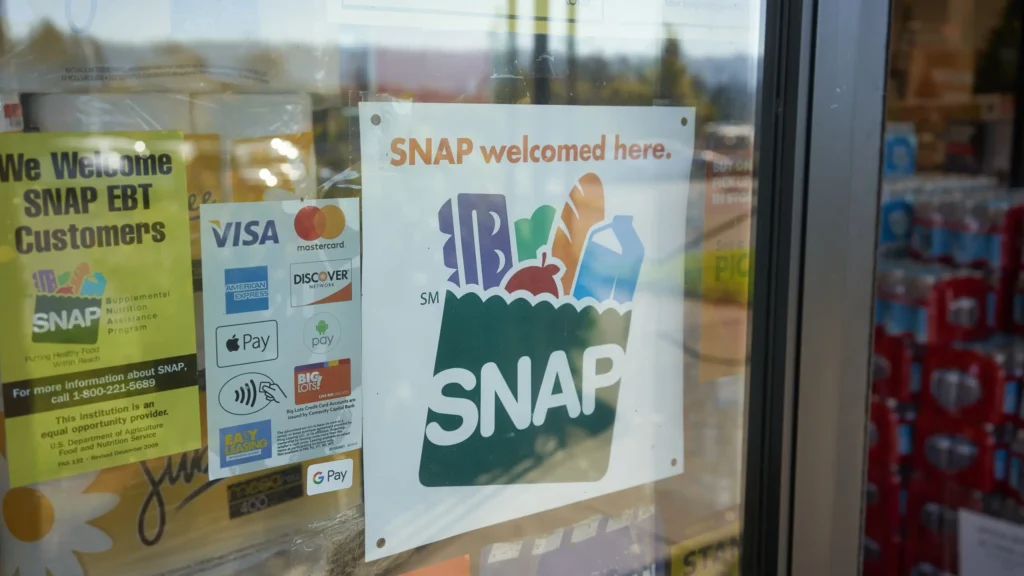This year’s federal budget has made a significant change regarding SNAP, reducing the federal government’s contribution to administrative costs from 50% to 25% starting in the latter half of 2026.
According to recent figures from the U.S. Department of Agriculture, over 735,000 people in Alabama rely on SNAP, with benefits averaging less than $200 per person. A 2023 report by the USDA indicated that close to 40% of those receiving benefits are children.
State Senator Arthur Orr, a Republican from Decatur, mentioned in a July interview that state legislators would need to identify funds to offset these federal cuts.
Though the federal budget is still pending Senate approval, Alabama Senator Tommy Tuberville is highlighting concerns as he campaigns for governor. He’s worried about the implications of the discussed SNAP cuts, noting that some initial House legislation was scaled back before it became law. Still, an incentive program tied to reduced administrative expenses and cost-sharing for benefits remained intact.
In recent statements, Tuberville expressed a commitment to lowering SNAP registrations, suggesting that it is crucial to contain costs if he is elected governor. He remarked, “It would cost $200 million for my year on SNAP payments. It won’t happen. We’re trying to defeat it.”
His campaign’s communications director, Mallory Jaspers, emphasized that Tuberville views SNAP as a temporary support system for those in tough situations. She didn’t clarify what research backed Tuberville’s perspective on SNAP.
A USDA report found that nearly 90% of SNAP recipients lived in households with children, elderly, or disabled individuals during fiscal year 2023.
On a recent Thursday, conversations around potential funding cuts took place among state legislators, including Senator Reed Ingram, a Republican. He put forward a bill that would require the Alabama Department of Personnel to seek exemptions for certain unhealthy food items within the program.
Ingram believes that limiting how beneficiaries spend their SNAP benefits could help address state funding challenges. He noted the risk of waste in the program when people can buy excessive junk food with their benefits.
He stated, “You’ll see that 20% of that will probably be junk food you bought before. If we set limits, we can worry less about sharing costs while ensuring people don’t go hungry.” He stressed the need for investments in nutritional support for the program.
Ingram also highlighted Alabama’s ranking when it comes to average life expectancy, calling for urgent legislative action. He mentioned that House Speaker Nathaniel Ledbetter is proposing a plan to consult with medical professionals on this issue.
However, Latrell Wood, an advocate for hunger policy in Alabama, argued that limiting SNAP usage will not save the state money. Instead, she claimed that increasing spending on outreach and system designs for state agencies is essential.
She warned that stores might stop accepting SNAP, which would disproportionately affect rural areas with fewer shopping options. Wood contended that further restrictions on SNAP benefits shift systematic problems onto individuals.
She stated, “A policy that restricts access to food based on demographics ignores the real challenges many face in securing affordable, healthy options, including factors like income and location.”
Both Ingram and Orr expressed their opposition to raising taxes on unhealthy foods or banning certain sugary drinks as ways to enhance public health.







